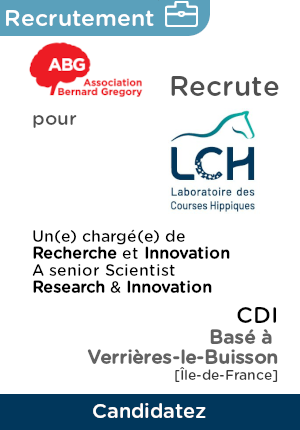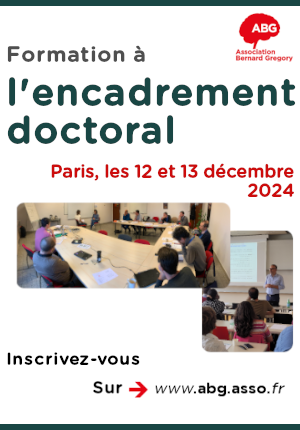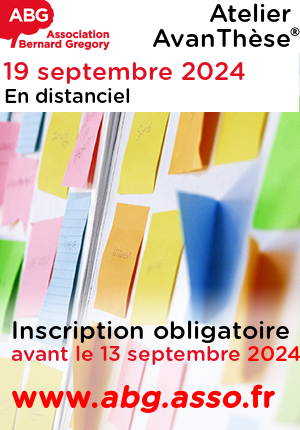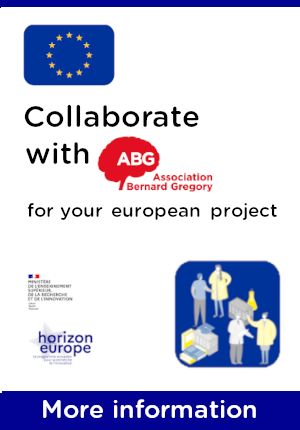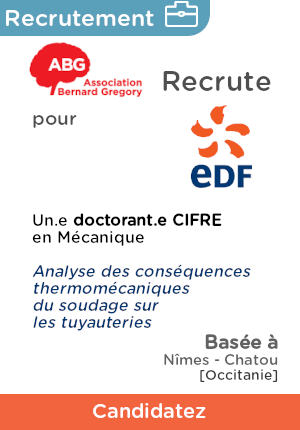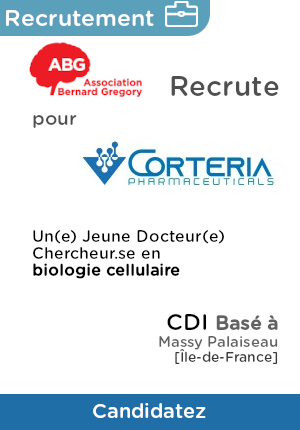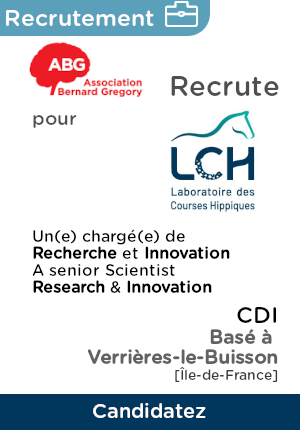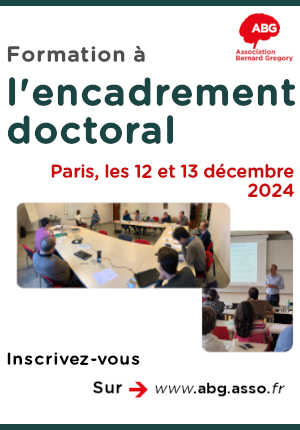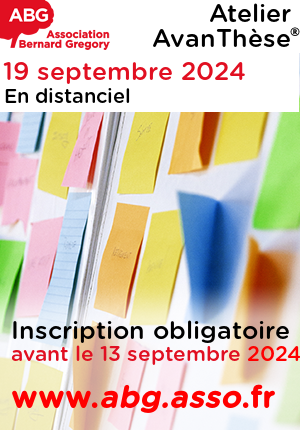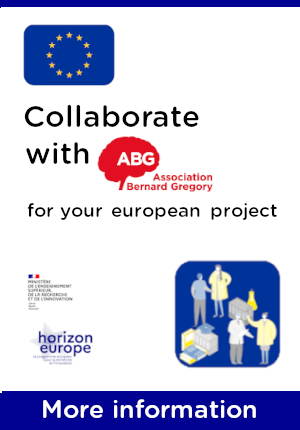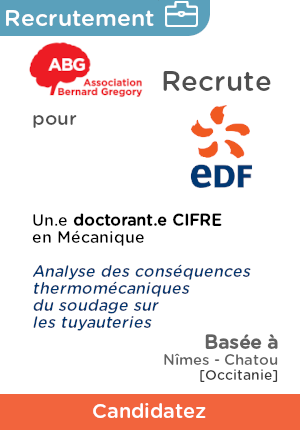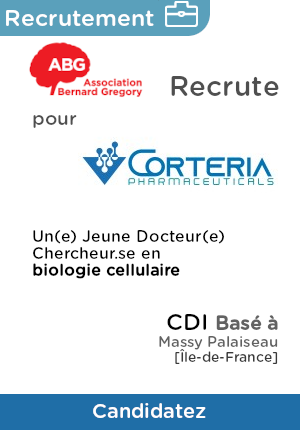Discovering the neural correlates of the muscular activity involved in a Reach-and-Grasp task in Healthy and Deficient Mammals
| ABG-125278 | Thesis topic | |
| 2024-07-24 | Public funding alone (i.e. government, region, European, international organization research grant) |
- Psychology, neurosciences
- Computer science
Topic description
This is a project to understand how the brain controls muscular contractions during the reach and grasp task. Like many other movements, muscular activity during this activity is highly correlated. This parallel processing allows the movement to be more efficient. How do these correlations arise? To answer this question, we will analyze two types of neuronal recordings to see if the patterns of neural synchronization over the course of this task are able to explain what is seen at the muscular level. This will greatly improve our understanding of the neuronal control of this movement for grasping objects which is essential to our activities of daily living. We will also use this understanding of neuronal cluster formation to make predictions concerning the reach and grasp task (this computation is essential to Brain Computer Intarfaces). This part of the project will be done with Machine Learning. We will use two types of neuronal recordings to investigate the reach and grasp task 1. Multunit recordings from over 200 electrodes in the monkey brain (recordings from Dr Numa Dancause of the Université de Montréal) 2. Human EEG recordings (to be performed at INSERMU1093, UB). The ability to make predictions concerning the reach and grasp task with the human EEG data would be useful for the control of prosthetic limbs. We propose an improvement over previous efforts to do this, by testing the most recent advance in Machine Learning predictions for time series – the transformer networks which have produced the impressive capabilities of ChatGPT. This method is to be compared with older methods such as convolutional neural networks. Finally we will analyze alterations in neural clustering using a reversible mammalian models of neuronal command inactivation from the laboratory of Dr Dancause. The multicellular recordings from monkeys in this Canadian laboratory provide us with the rare opportunity for a fine grained investigation of brain plasticity and neuronal clustering following brain injury.
Starting date
Funding category
Funding further details
Presentation of host institution and host laboratory
The CAPS laboratory brings together experts in Neuroscience, Biomechanics, Physiology and Sports training as well as researchers and clinicians from six university hospital departments (Geriatrics, Motor Rehabilitation, Rheumatology, Orthopaedics, Neuroradiology and Psychiatry). The lab conducts animal and human research. The latter includes healthy volunteers, high-level athletes, aging subjects and patients. Our activities in applied research are organized around 3 platforms: The PIT (The Technology Investigation Platform of the Dijon CHU), the CEP (Centre for Performance Expertise) and the Marey Centre.
Website :
PhD title
Country where you obtained your PhD
Institution awarding doctoral degree
Candidate's profile
The PhD contract for these studies will begin in October 2024. The ideal candidate for this project will have taken classes in Machine Learning as well as Neuroscience. The candidate must know how to program. Some notions concerning the neuronal control of movement would also be appreciated. The study is to be carried out at the French INSERMU1093 laboratory in Dijon, France.
Vous avez déjà un compte ?
Nouvel utilisateur ?
Get ABG’s monthly newsletters including news, job offers, grants & fellowships and a selection of relevant events…
Discover our members
 Laboratoire National de Métrologie et d'Essais - LNE
Laboratoire National de Métrologie et d'Essais - LNE  Ifremer
Ifremer  ONERA - The French Aerospace Lab
ONERA - The French Aerospace Lab  Nokia Bell Labs France
Nokia Bell Labs France  SUEZ
SUEZ  CESI
CESI  ANRT
ANRT  CASDEN
CASDEN  Tecknowmetrix
Tecknowmetrix  MabDesign
MabDesign  MabDesign
MabDesign  Aérocentre, Pôle d'excellence régional
Aérocentre, Pôle d'excellence régional  Généthon
Généthon  PhDOOC
PhDOOC  ADEME
ADEME  Institut de Radioprotection et de Sureté Nucléaire - IRSN - Siège
Institut de Radioprotection et de Sureté Nucléaire - IRSN - Siège  Institut Sup'biotech de Paris
Institut Sup'biotech de Paris  TotalEnergies
TotalEnergies  Groupe AFNOR - Association française de normalisation
Groupe AFNOR - Association française de normalisation
-
JobPermanentRef. ABG124941Corteria Pharmaceuticals- Ile-de-France - France

Jeune Docteur, Chercheur en Biologie Cellulaire & Moléculaire (H/F)
BiologyAny -
JobPermanentRef. ABG123642Laboratoire des Courses Hippiques (GIE LCH)- Ile-de-France - France
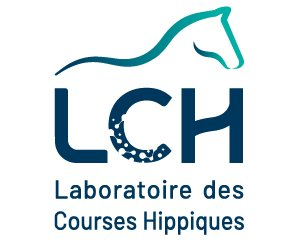
Chargé(e) de Recherche et Innovation (H/F) / Senior Scientist Research & Innovation (M/F)
Chemistry - BiochemistryConfirmed -
JobFixed-termRef. ABG125071KTH- Sweden
ERC-funded postdoc position on the detection of gas-phase organic radicals, KTH, Stockholm, Sweden
Chemistry - Physics - Engineering sciencesAny

